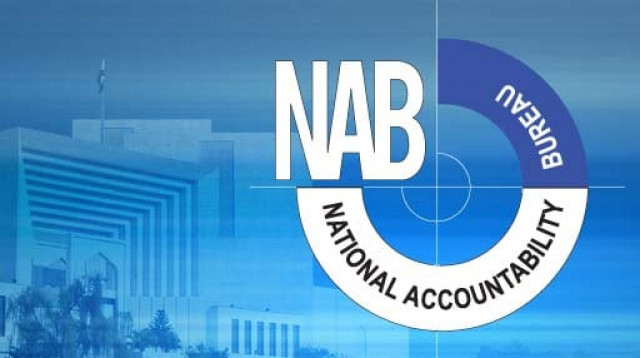NAB chief holds the quill to Swiss letters?
Does not need president, PM approval, says senior lawyer.

Amidst the rancour surrounding the issue, a new legal point-of-view has come to the fore: The accountability chief is the sole authority, and does not need the president or the prime minister’s approval, to write the letters and initiate proceedings in the dreaded three-lettered case – the National Reconciliation Ordinance.
The National Accountability Bureau (NAB), however, has insisted before the Supreme Court that the bureau does not have the authority to write letters to Swiss Courts to revive graft cases against President Asif Ali Zardari.
Sources familiar with the matter, however, say under the National Accountability Ordinance (NAO), 1999, the NAB chairman, or the Prosecutor General Accountability (PGA) with prior permission of the former, are the only two posts authorised to do this job.
Both posts – the NAB chairman and PGA – are constitutional and hence cannot be terminated by the president or the prime minister either, he added.
The president, prime minister, or the attorney-general, cannot issue instructions to NAB chairman, or any other official of the bureau, to initiate or close any inquiry or investigation as per the NAO, said Azhar Chaudhry, a senior lawyer and government’s special prosecutor in high-profile cases including Benazir Bhutto’s assassination and Mumbai attacks cases.
Former attorney-general Malik Qayyum’s letter to the Swiss authorities is therefore considered to be a ‘misconduct,’ and interference in the bureau’s affairs, sources said.
In fact, the Swiss cases against the president and former prime minister Benazir Bhutto were reopened in 2006 on the application of then-deputy chairman NAB Hassan Waseem Afzal, sources said, adding that, in those cases, the bureau’s deputy chairman, and not the attorney general, was asked by Swiss courts to represent Pakistan.
Zardari’s immunity
The president’s immunity has already been accepted, and not challenged, in Pakistani courts, Azhar said.
He cited the instances where the accountability courts in two cases – the Cotecna/SGS, and the ARY gold case – summoned and tried all the accused, save the president on account of his immunity under Article 248 of the Constitution.
When two local courts have already granted the president immunity, what does one say about Swiss courts, Azhar said.
Geneva’s chief prosecutor Daniel Zappelli, in an interview in April 2010, said that alleged money-laundering cases against President Zardari could not be reopened in Swiss courts since the president enjoys immunity under international law.
Even if Swiss authorities received a formal request from Pakistan through an official channel, the Swiss government could not reopen the cases, he had said.
Published in The Express Tribune, January 19th, 2012.
Correction: Due to an editing error, an earlier version of the story stated that Malik Qayyum had instructed the then-NAB chief to write letter to Swiss authorities. The error has been rectified.


















COMMENTS
Comments are moderated and generally will be posted if they are on-topic and not abusive.
For more information, please see our Comments FAQ